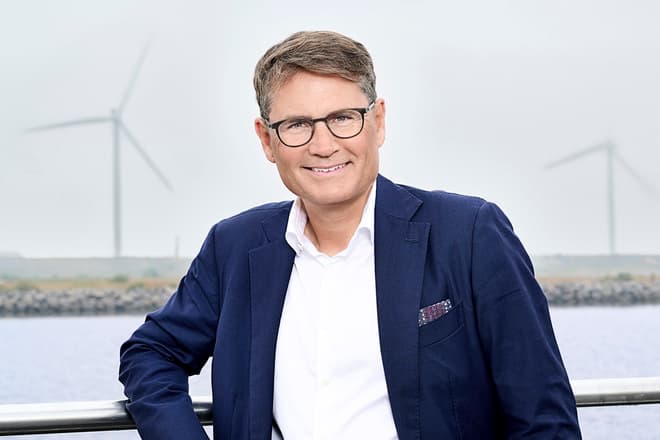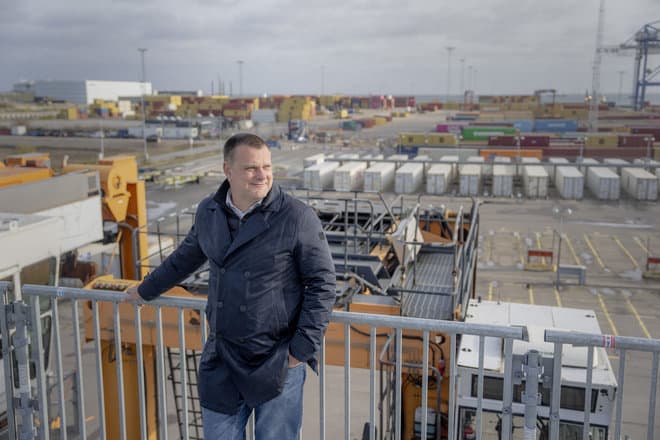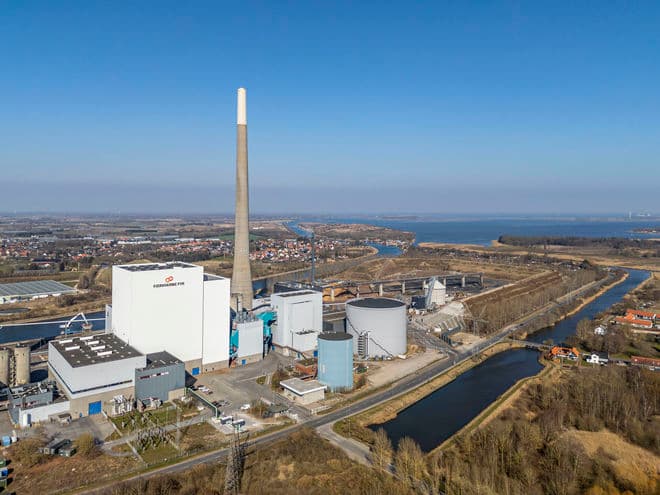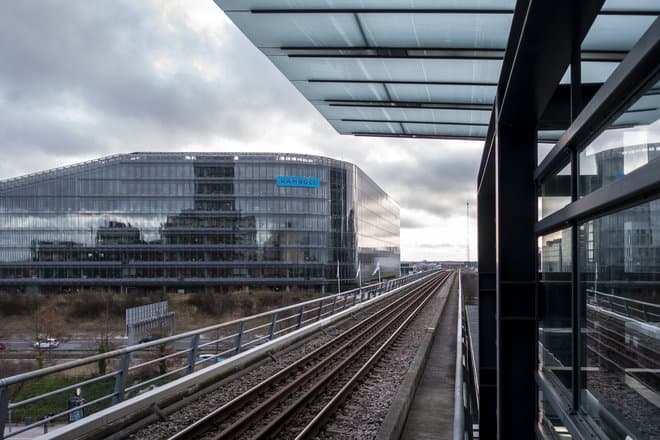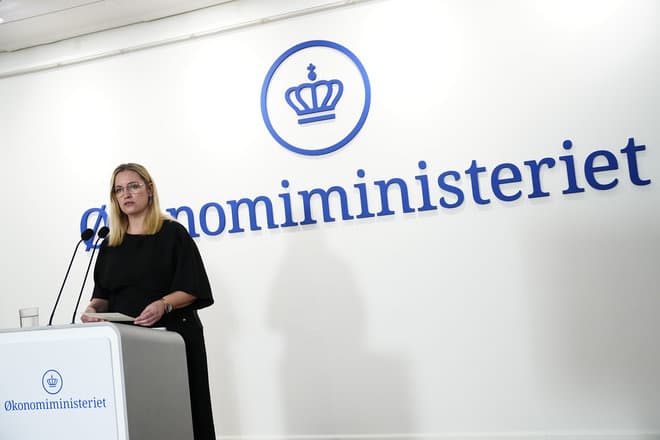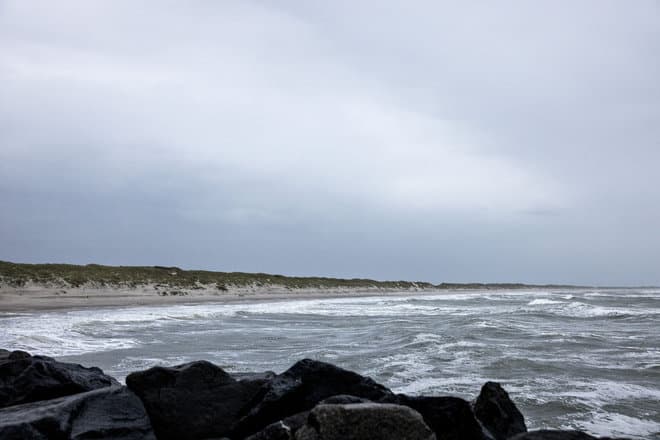
When ports are expanded – which is happening at an increasingly rapid pace in Denmark these years – it can be a blow to the marine environment that can cause living conditions for fish, mussels and benthic animals to collapse. Even without us knowing it in advance.
A number of researchers are now pointing out in Ingeniøren's niche media for biodiversity, EcoTech, that the negative consequences for animal and plant life are being poorly illuminated when we want to dump port sediment or change piers in connection with the expansion of our ports in, for example, Esbjerg, Aarhus, Hirtshals, Odense and Kerteminde.
The problem is that the expansions, which include carried out so that the ports can handle new energy projects or transport of CO2 for storage, is based on far too incomplete environmental studies, says Jon C. Svendsen, a senior researcher at DTU Aqua, to EcoTech.
- When you do a study of what a port might have in terms of biological effects, these are relatively simple studies. In Denmark, long-term effects of port expansions are very rarely documented. The biological effects that presumably occur in the years after a port expansion or construction, for example in relation to the fish in the sea, are overlooked, he says.
In the North Zealand coastal town of Hornbæk, for example, the environmental assessment states that the construction work and increased ship traffic and the noise from this will not have any impact on the otherwise protected porpoise. According to researchers, however, this is incorrect – the expansion will have a major negative impact on the local porpoise population.
A regrettable lack of adequate studies
Life below the surface in Danish waters is already struggling with, among other things, oxygen depletion and a lack of food. In this way, port expansions become yet another major pressure factor.
Jesper Andersen, head of research at the Norwegian Institute for Water Research in Oslo, Niva, points out that if the authorities obtained data on the overall effects, e.g. from shale gas extraction and raw material extraction, one would get "completely different conclusions - and the effects would be much, much greater."
At the same time, he does not understand why the authorities do not allow more comprehensive studies to be prepared:
- It is very unfortunate, because we have excellent data and the right tools to be able to make the calculations, he says.
Danish waters have already been hit by many "blows and blows" from, among other things, agriculture, fishing, environmentally harmful substances and climate change, so the marine environment is already under severe pressure in many places:
- Danish waters are getting worse and worse. Even a small wind farm and a small port expansion can drag the situation in a negative direction, notes Jesper Andersen.
The discussion comes after the Planning Appeals Board in June drew a line under the shortcomings in the environmental assessment of the Port of Aarhus. When planning the expansion of the Port of Aarhus, the focus was on a small area, but did not scale up and did not consider dredging or raw material extraction.
The expansion of the Port of Aarhus has now been shelved.
amp
Text, graphics, images, sound, and other content on this website are protected under copyright law. DK Medier reserves all rights to the content, including the right to exploit the content for the purpose of text and data mining, cf. Section 11b of the Copyright Act and Article 4 of the DSM Directive.
Customers with IP agreements/major customer agreements may only share Danish Offshore Industry articles internally for the purpose of handling specific cases. Sharing in connection with specific cases refers to journaling, archiving, or similar uses.
Customers with a personal subscription/login may not share Danish Offshore Industry articles with individuals who do not themselves have a personal subscription to Danish Offshore Industry.
Any deviation from the above requires written consent from DK Medier.






